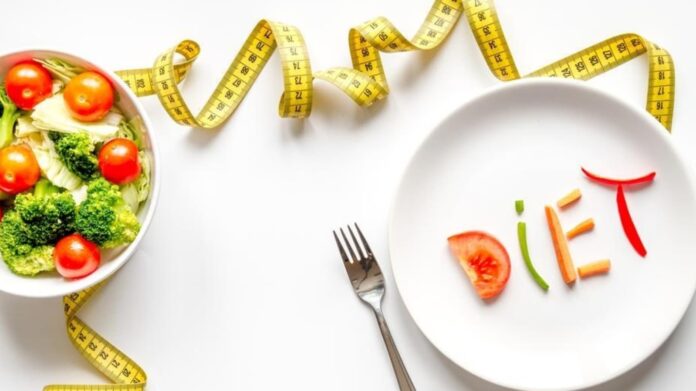Do you find yourself munching on a food item frequently while preparing for an exam? Believe it or not, hunger pranks can be a nasty affair, especially when you are preparing for an important examination. Hardly an hour since you last had a big meal, you would somehow munch on biscuits, peanuts, and even potato chips. Some have made the food delivery apps their best buddies.
Let us tell you – this is not an abnormal phenomenon! According to medical experts, when a student is studying for an examination, their brain activity is more than usual, thereby increasing glucose usage. The usage of glucose thus leads to a drop in blood sugar levels thus making students more hungry than their usual capacity.
Also read: UPPSC APS admit card released at uppsc.up.nic.in, here’s direct link
Although feeling hungry frequently is not a harmful habit, it has its own side effects, the most common being weight gain and feeling drowsy. Therefore, doctors suggest that students must follow a special exam diet that will not only address their hunger quotient but also contribute to maintaining good health.
Dr Minati Sharma, a medical practitioner of repute and a nutritionist, said, “I have often come across young adults who came to me worried about their eating habits particularly when they are preparing for an examination. While I assure them there is nothing to be scared of, I do recommend following a special diet or what is popularly now called an ‘exam diet’, that comprises of food items that have nutritional values.”
“A healthy diet is an important step to a successful preparation regime,” adds Dr Minati.
Now if you or someone you know will soon be appearing for an examination, and currently preparing for the same in the current winter season, take a look at the special exam diet that experts have recommended to keep your hunger satisfied in the healthiest way possible.
Also read: WBJEE 2024 Information Bulletin released at wbjeeb.nic.in, check exam date here
What should the exam diet include?
A pack of nuts:
One of the most popular food items that come first in the exam diet is a packet of nuts that comprises almonds, walnuts, cashews, and hazelnuts. Rahul Ahmed, a fitness coach and nutritionist said, “Nuts are one of the best items for students who have the habit of munching food while preparing. Nuts not only improve your brain activity but also keep you going.”
A basket of fruits:
Eating fruits is considered one of the healthiest habits not only during exams but also otherwise as it helps in maintaining good health. Fruits such as apples, oranges, and bananas are great carriers of glucose content that is required for a good concentration. “Apples and bananas are also rich in Vitamin B6 which is a necessary component for a strong brain activity,” adds Rahul.
A bowl of Oats:
A great source of Omega 3, an oatmeal for breakfast definitely makes it to the exam diet. It is rich in fiber, high-quality protein, vitamins, minerals, and antioxidants. To top it all, it does not take much time to cook oats – all it takes is boiled milk or just water. According to experts, a good bowl of oatmeal will keep hunger pranks at bay!
Dark Chocolate:
Are you a fan of chocolate? Do you resort to chocolate bars when you are hungry? You will be happy to know that dark chocolate has health benefits that can do wonders in your preparation regime. Dr Kasturi Sharma, who works at the SUM Hospital in Bhubaneshwar said, “Compared to milk chocolate, dark chocolate is always a healthier option as it is not only low in calories but also has a host of health benefits. For instance, dark chocolate will help students who are preparing for exams by increasing their attention span, enhancing their memory skills, and also improve blood flow. Besides, it also helps in beating stress by lifting the mood. Dark chocolate is rich in caffeine.”
A hot cup of Tea or Coffee:
Last but never the least – tea and coffee have always been integral to our diet. While coffee boosts our energy and gives us the much-needed adrenaline push, tea helps you keep fresh and retain your concentration. However, experts recommend not to have more than three cups of either of the beverages daily.

